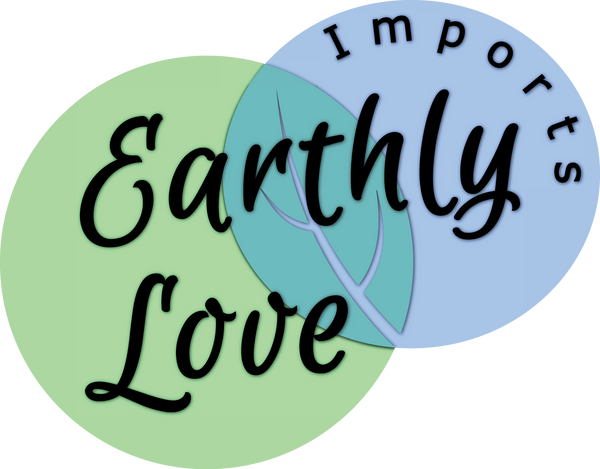Shea Butter: How It Can Help Your Skin
Shea butter is widely recognized as an excellent natural moisturizer, but how does it perform on different types of skin and specific skin conditions? In this blog, we’ll discuss whether shea butter is beneficial for elderly skin, if it has the potential to clog pores, how it affects eczema, and whether it’s safe to use on your face.
Is Shea Butter Good for Elderly Skin?
As we age, our skin goes through a lot of changes. It tends to become thinner, drier, and more fragile. This is because the skin loses some of its natural oils and the ability to hold onto moisture. Elderly skin often needs extra care to stay healthy and comfortable.
Shea butter is a fantastic option for elderly skin because it’s deeply moisturizing. It contains fatty acids like oleic and stearic acid that help lock in moisture and keep the skin hydrated. This is especially important for older adults who may suffer from dry or flaky skin. By regularly applying shea butter, the skin can become softer, smoother, and less prone to cracking or irritation.
In addition, shea butter is rich in vitamins A and E, which are known for their skin-healing properties. These vitamins can help improve the elasticity of aging skin, making it feel firmer and more resilient. Shea butter’s gentle, natural ingredients make it suitable for daily use on delicate elderly skin without causing irritation.
Does Shea Butter Clog Pores?
When choosing a skincare product, especially for the face, one common concern is whether it will clog your pores and cause acne or breakouts. Pores can get clogged when they are blocked by oil, dead skin cells, or dirt, leading to pimples or blackheads.
The good news is that shea butter is non-comedogenic, which means it doesn’t clog pores. In fact, it’s rated a 0 on the comedogenic scale, meaning it’s very unlikely to cause any pore blockages. This makes shea butter a safe choice for people with all skin types, including those who have oily or acne-prone skin.
That said, everyone’s skin is different. While shea butter generally doesn’t clog pores, it’s always a good idea to test it on a small patch of skin before applying it all over your face, especially if you have sensitive skin.
Is Shea Butter Good for Eczema?
Eczema is a skin condition that causes red, itchy, and inflamed patches of skin. It can be very uncomfortable and difficult to manage. Many people with eczema struggle to find products that won’t irritate their skin or make the condition worse.
Shea butter is often recommended for people with eczema because it’s so gentle and nourishing. The fatty acids in shea butter help to restore the skin’s natural barrier, which can be damaged in people with eczema. This barrier keeps moisture in and irritants out, helping to calm the skin and reduce flare-ups.
Additionally, shea butter has anti-inflammatory properties, thanks to compounds like cinnamic acid. These properties can help soothe the redness and swelling that come with eczema. Regular use of shea butter can help keep the skin moisturized, reduce itching, and make eczema symptoms more manageable.
Is Shea Butter Good for the Face?
Yes, shea butter can be very good for the face! Because it’s so moisturizing and gentle, it’s suitable for all skin types, from dry to oily. Shea butter is especially beneficial for people with dry or sensitive skin, as it provides deep hydration without causing irritation.
Using shea butter on your face can help with a number of skin issues. For example, it can reduce the appearance of fine lines and wrinkles, thanks to its high vitamin A and E content. These vitamins support skin regeneration and can make your skin look smoother and more youthful.
Shea butter can also help protect your face from environmental damage, such as harsh winds or pollution. It forms a barrier on the skin that keeps moisture in and harmful elements out. And because it’s non-comedogenic, you don’t have to worry about it causing breakouts.
To use shea butter on your face, it’s best to apply a small amount after cleansing your skin. You can use it alone or mix it with other products like serums or oils. Because it’s so rich, a little goes a long way.
Conclusion
Shea butter is a versatile and beneficial skincare product that can be used by people of all ages and skin types. Whether you’re dealing with dry, aging skin, managing eczema, or looking for a safe moisturizer for your face, shea butter can help. It’s non-comedogenic, deeply moisturizing, and packed with vitamins that promote healthy skin. Adding shea butter to your skincare routine could be the key to softer, smoother, and more radiant skin.
